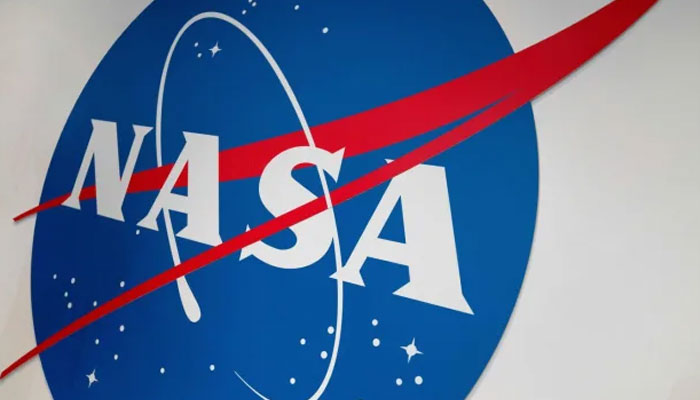Nasa looking to build AI-powered talking spaceships. What are the risks?
Could the use of ChatGPT-like interface mean development of talking spacecraft is on the horizon?
Nasa engineers have been working to develop a sophisticated ChatGPT-style interface that could revolutionise space exploration by enabling astronauts and mission commanders to have natural language conversations with spacecraft and AI-powered robots on distant planets and moons.
According to The Guardian, Dr Larissa Suzuki, a visiting researcher at Nasa, says that an early version of the AI system is being prepared for installation on the Lunar Gateway, an upcoming space station crucial to the Artemis mission.
She pointed out that the programme's objective is to build up conversations with spacecraft so they can convey significant messages and fascinating findings from the solar system and beyond.
At a symposium of the Institute of Electrical and Electronics Engineers (IEEE) on next-generation space communication held in London, Dr Suzuki gave a presentation on an artificial intelligence-based interplanetary communications network.
Along with detecting mistakes and inefficiencies, this AI system has the ability to make corrections in real time.
It will be unnecessary to send engineers into orbit to solve every technical issue by alerting mission controllers of potential transmission losses or failures.
Astronauts can now communicate with mission control using natural language thanks to the AI interface, eliminating the need for them to pore over dense technical manuals in order to find the information they need.
As a result, astronauts now have the chance to ask for advice on space research and receive training on difficult manoeuvres.
According to the Tech Times, Dr Suzuki is also looking into using machine learning in space when supercomputers are not readily available to process large amounts of data.
She is investigating the potential applications of federated learning, which enables the exchange of knowledge among a fleet of robotic rovers exploring distant planets.
They could do this without transmitting a lot of data to Earth, allowing them to learn and improve their operations.
According to Engadget, Nasa is looking for small business support for the Lunar Gateway because it will require AI and machine learning technologies to manage a number of systems, including autonomous operations of science payloads, prioritising data transmission, and health management of the Gateway itself during void periods.
In addition to her work at Nasa, Dr Suzuki is a technical director at Google. She is also shown in the Engineers section at the Science Museum in London, which just opened.
The exhibition's displays aim to dispel widespread misconceptions and biases about engineers. These include surgical robots, digital clothing, and space satellites, among other cutting-edge technological innovations.
-
Scientists discover rare form of 'magnets' that might surprise you
-
Humans may have 33 senses, not 5: New study challenges long-held science
-
Northern Lights: Calm conditions persist amid low space weather activity
-
SpaceX pivots from Mars plans to prioritize 2027 Moon landing
-
Dutch seismologist hints at 'surprise’ quake in coming days
-
SpaceX cleared for NASA Crew-12 launch after Falcon 9 review
-
Is dark matter real? New theory proposes it could be gravity behaving strangely
-
Shanghai Fusion ‘Artificial Sun’ achieves groundbreaking results with plasma control record












